The Bola Tinubu led Federal Government has set aside N1.99bn to purchase diesel for power generators at the State House in 2025.
This decision comes as delays continue to affect the FG’s solar power project, initially expected to be operational between December 2024 and January 2025.
According to findings by Sunday PUNCH, the Federal Government spent N88.75m on diesel in the first half of 2024.
Data from GovSpend, a civic tech platform that tracks and analyzes government expenditure, revealed four diesel payments totaling N88.75m made between March 15 and May 20, 2024.
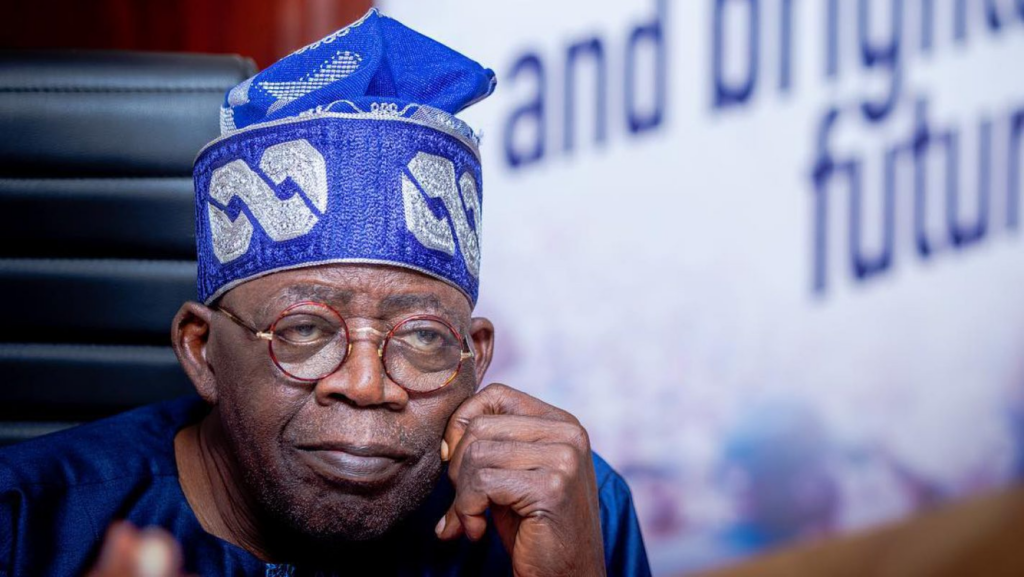
On March 15, 2024, two payments were recorded: N40.77m was paid to Emmahaly Petroleum Company Limited for 30,000 litres of diesel supplied to the State House Clinic and the Vice President’s Guest House fuel dump, while N12.46m went to A.Y.M. Shafa Limited for 10 litres of diesel (as noted in the record) supplied to the State House Medical Centre.
Further payments were made on May 20, 2024, to A.Y.M. Shafa Limited for diesel delivered on March 14. The first payment of N26.23m covered 20,000 litres of diesel for the State House, while the second payment of N8.87m was for an additional 20,000 litres delivered on the same day.
The 2025 budget proposal includes N1.99bn for diesel to power generators and plants at the State House.
Sources familiar with the situation indicated that persistent national grid instability, frequent collapses, rising diesel costs, and ongoing generator maintenance have compelled the State House to rely on alternative power sources.
Senior officials, who spoke anonymously, noted that the planned 40MW solar power plant could potentially reduce the State House’s annual N6bn energy costs by at least N5bn once operational.
The project was initially scheduled to begin supplying power to the State House Medical Centre by December 2024 and to the State House complex, including Dodan Barracks in Lagos, by January 2025.
Although construction of a 1.2MW solar plant commenced at the Medical Centre in October 2024, Sunday PUNCH found no evidence of ongoing work at the State House as of February 2025.
An insider involved in the solar project explained that the high costs of unreliable grid power combined with the daily operation of diesel-dependent generators had become unsustainable.
“It is difficult to sustain. We cannot continue like this. And so, to reduce the huge expenditure, we are switching to solar power.”
“When we are done, it will crash the cost of power for State House from N6bn annually to less than 20 per cent of that amount. It should power all our appliances from 7 am to 7 pm. In about one month, we intend to install some of the components at the Forest car park and the one at the banquet hall.
“This is not a new problem. It is unreasonable to have left the State House all these years without a stable, low-cost power option. So, we are making this switch because Mr. President approved it. We have commenced work, and that is what you saw at the Medical Centre.
“We are doing it in the form of a car park to avoid distorting the aesthetics of the State House because solar panels occupy land. So, we are constructing solar roof canopies over the car parks, and cables will be channelled to a battery plant so that we can conserve energy,” said the source.
Last November, impeccable sources told our correspondent that the plant would generate about 7MW in real-time output, with a peak capacity of 40MW.
He said, “We got the approval to procure and install 7MW/40MW photovoltaic power and battery storage systems at the State House, Dodan Barracks and State House Medical Centre due to the unstable power supply from the national grid and the high cost of maintenance and fueling of the generators that consumes over N6bn each year.
“Too much money is being spent on generator maintenance and diesel. So, we are going solar. There will be zero cost in the first 15 years because the contractor installing it will maintain it for that period. NEPA [mains] and generators will only be used during the rainy season when the sunlight intensity and energy storage are less.
“So, next month (December), the Medical Centre will have reached its peak because that’s where the project started from. The main work will be at the State House itself. The car park will be roofed with solar panels,” said one the source.
In a previous interview with Sunday PUNCH, the Chairman of the Medical Advisory Committee, Dr. Dike Obalum, stated that the Medical Centre was given priority to guarantee reliable power supply for sensitive equipment and to prevent damage caused by power fluctuations.
“We are building a solar plant at this medical centre; we intend to generate 1.2 MegaWatt. The 1.2MW capacity will help us to become a bit independent of the Abuja Electricity Distribution Company.
“AEDC will only provide support power supply, and we will have our solar farm to support our processes.
“This will not only give us a regular power supply to ensure that we have uninterrupted service to our patients, but it will also preserve our equipment and machines from the vagaries of fluctuating power supply from other sources,” Obalum explained.
He noted that the panels would be integrated with car park canopies to maximize space efficiency.
However, he did not disclose the cost of the project, explaining, “The State House Medical Centre is solely a service centre and does not manage the financial aspects of any project.”
At the time of this report, senior officials from the State House Administration were unavailable for comment.
The Federal Capital Territory (Abuja) has experienced multiple blackouts, with the national grid collapsing over 10 times in 2024.
The Transmission Company of Nigeria attributed the outages to a “partial disturbance of the system” without providing further details.
Grid failures are not uncommon in one of Africa’s largest economies, where the power sector continues to suffer from severe underinvestment, according to Olu Verheijen, Special Adviser to the President on Energy.
Despite an installed capacity of approximately 13,000MW, Nigeria’s power grid transmits only 4,000MW due to outdated infrastructure, Minister of Power Adebayo Adelabu revealed during a press briefing on October 28.
This supply is grossly inadequate for a population of over 200 million, leaving many areas without reliable electricity while individuals and government entities struggle to settle escalating power bills.
In a bid to recover unpaid dues, the Abuja Electricity Distribution Company (AEDC) issued a 10-day notice last February to 86 government agencies, including the State House, demanding payment of a combined debt of N47.1 billion to avoid disconnection.
AEDC claimed that the State House owed approximately N923 million in unpaid electricity bills.
However, the State House contested this figure, stating that the actual outstanding debt was N342.35 million, as confirmed in a letter from AEDC to the State House Permanent Secretary dated February 14, 2024. In response, Bola Tinubu ordered the immediate payment of the N342.35 million debt to AEDC.
Beyond infrastructure challenges, Nigeria’s power grid has also faced acts of sabotage. In October, armed groups damaged the Shiroro-Kaduna transmission line, disrupting electricity supply to 17 northern states.
Security concerns delayed repair efforts until Bola Tinubu instructed the National Security Adviser to collaborate with the Army and Air Force to provide adequate security, including aerial support, for the engineers working on the damaged transmission line.
Follow the Parallel Facts channel on WhatsApp: https://whatsapp.com/channel/0029VaCQSAoHgZWiDjR3Kn2E



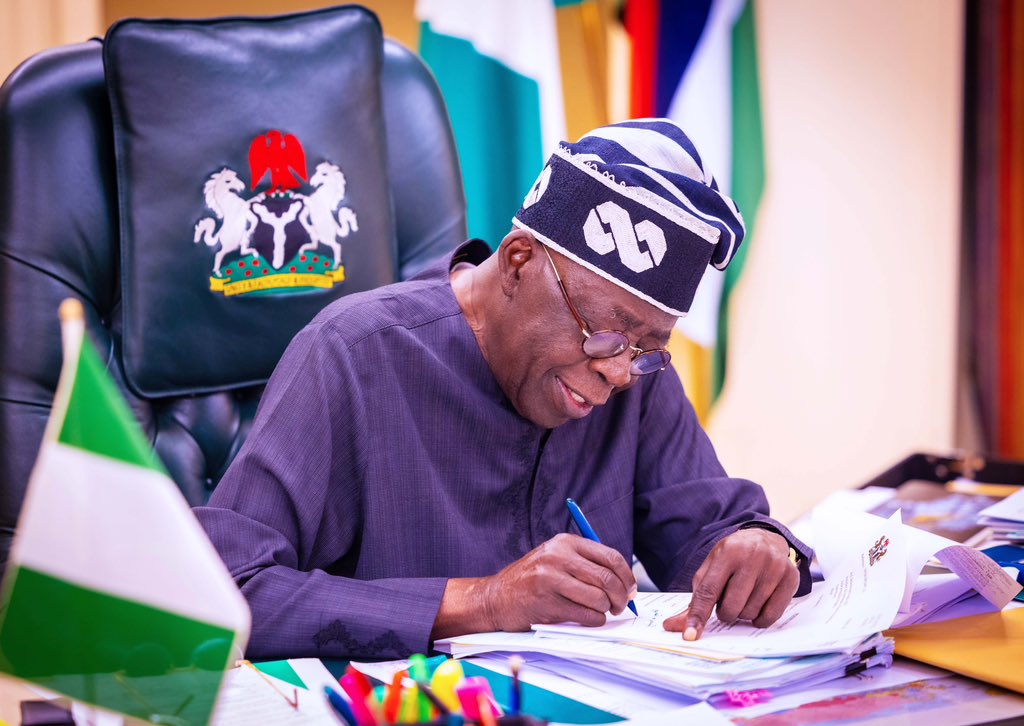
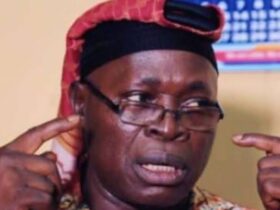


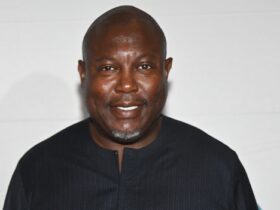
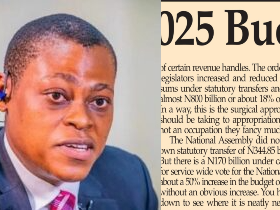
Leave a Reply